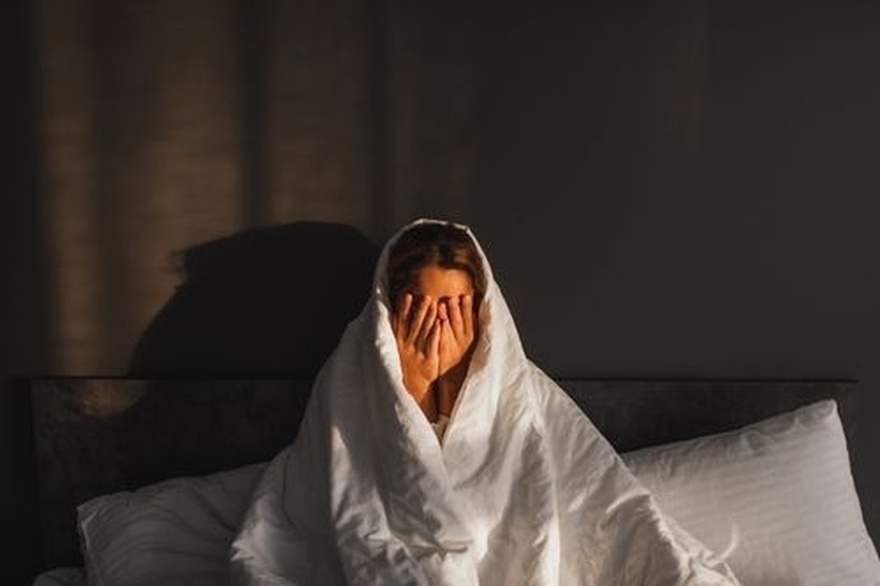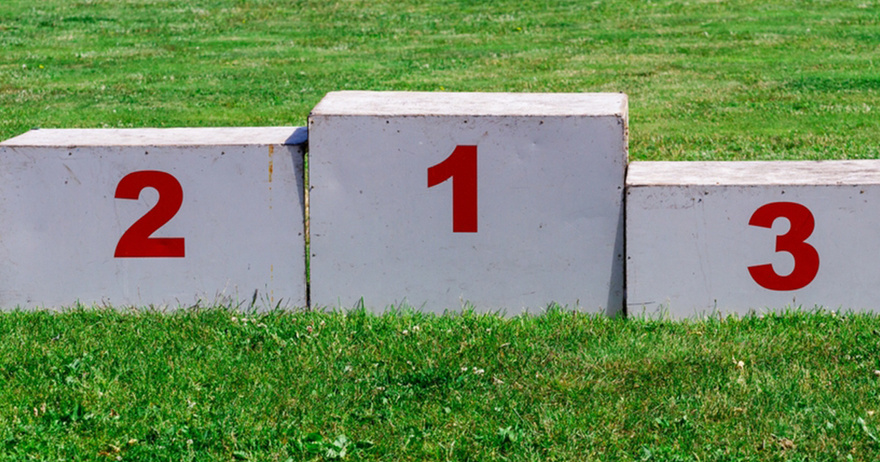In today’s wellness-obsessed world, having a well-crafted morning routine has become the ultimate lifestyle goal. From the latest TikTok trends to self-help books, everyone seems to agree on one thing: waking up early is the secret to productivity and success. But is this really true? Is there a “perfect” time to wake up, or is it simply a matter of personal preference? And, more importantly, does waking up early truly hold the key to becoming more organized and efficient?

The Rise of the Morning Routine Trend
The morning routine trend has exploded in recent years, with influencers, celebrities, and wellness experts advocating for early wake-up times as the cornerstone of a balanced and successful life. The idea is simple: by waking up early, you can start your day with a clear head, tackle important tasks before distractions arise, and prioritize self-care.
It sounds appealing. Who wouldn’t want to get a jumpstart on the day with a colour-coded to-do list, a refreshing yoga session, or a mindful meditation? But while early mornings have been glorified as a cure-all solution to modern life’s chaos, it’s worth questioning whether this approach works for everyone—or if the benefits of waking up early are, in fact, universal.
The Cultural Roots of Early Rising
The idea that waking up early is inherently better is deeply ingrained in Western culture. Phrases like “the early bird catches the worm” reinforce the belief that those who rise before the sun are destined for success. Our social structures, from the traditional 9-to-5 workday to school schedules, are all designed with early rising in mind. This model was likely influenced by pre-industrial societies when people had to align their daily routines with the natural light provided by the sun. Waking up at dawn made sense in a world where artificial lighting was limited.
Even in today’s world of round-the-clock electricity and flexible work hours, we still attach a sense of prestige to early risers. The stereotype of the ultra-productive, disciplined person who wakes up at 5 AM to journal, exercise, and organize their day is portrayed as the ultimate success model. But is this really true for everyone?

Is Waking Up Early Good for You?
For some people, waking up early may indeed lead to positive outcomes. Early risers often report feeling more productive, having extra time for personal activities, and enjoying the peaceful quiet of the morning before the world wakes up. This is especially true for people who thrive on structure and routine. With fewer distractions in the early morning hours, it’s easier to focus on important tasks, reflect on goals, or engage in self-care practices like meditation or exercise.
Furthermore, studies have shown that regular sleep and wake schedules can have positive effects on health, leading to more consistent energy levels, better mood regulation, and even improved cognitive function. Waking up at the same time every day helps regulate your body’s internal clock, or circadian rhythm, which in turn helps improve the quality of your sleep. A consistent wake-up time can reduce the production of stress hormones like cortisol and promote better overall health.
The Case for Night Owls
However, it’s crucial to recognize that about 30% of the population are naturally “night owls.” These individuals feel more energetic and focused during the late afternoon and evening hours. For them, forcing an early wake-up can lead to grogginess, irritability, and reduced productivity. In fact, night owls may find themselves more creative and efficient when they follow their natural rhythm, even if that means staying up later and waking up a little later in the morning.
The idea that waking up early is the only path to productivity is simply not true for everyone. Night owls may benefit from different routines that better align with their body’s natural preferences. In some cases, it may be more beneficial to focus on consistency and quality of sleep rather than adhering to societal pressures to wake up at the crack of dawn.

The Myth of the “Perfect” Wake-Up Time
Is there a “perfect” time to wake up? The truth is, there is no one-size-fits-all answer. While early risers may feel energized and productive after waking up at 5 or 6 AM, others may feel sluggish and unmotivated during those hours. The perfect wake-up time is subjective and varies from person to person, depending on factors such as:
- Chronotype: Are you a morning person, night owl, or somewhere in between? Your chronotype, which refers to your body’s natural inclination to feel alert or sleepy at certain times, plays a key role in determining your ideal wake-up time.
- Lifestyle: Your daily schedule, responsibilities, and social commitments also influence your ideal wake-up time. For instance, parents of young children may need to wake up early to care for their kids, while freelancers or remote workers may have more flexibility.
- Age: Sleep patterns change with age. Teenagers and young adults often have a delayed sleep phase, meaning they naturally feel more awake later at night and may struggle to wake up early. Meanwhile, older adults tend to wake up earlier due to shifts in their circadian rhythm.
- Sleep Quality: Rather than focusing on the specific time you wake up, it’s more important to prioritize sleep quality. Getting seven to nine hours of uninterrupted sleep is key to feeling rested and alert, regardless of whether you wake up at 6 AM or 9 AM.

How to Achieve the Ideal Wake-Up Time
Instead of fixating on waking up early, the goal should be to find a wake-up time that allows you to feel rested, energized, and ready to take on the day. Consistency is key here, as the human body thrives on routine and structure. Here are a few tips for finding and maintaining your ideal wake-up time:
1. Stick to a Regular Sleep Schedule
Your body loves routine, thanks to its internal circadian rhythm. Going to bed and waking up at the same time every day helps regulate not only sleep but also cellular activities and metabolic functions. Try to stick to a consistent wake-up time, even on weekends. Over time, your body will naturally adjust, and you’ll find it easier to wake up without the need for an alarm.
2. Gradually Adjust Your Wake-Up Time
If you want to wake up earlier but are used to sleeping in, don’t make drastic changes overnight. Instead, try shifting your wake-up time by 15 to 30 minutes every few days until you reach your goal. This gradual adjustment will allow your body to adapt to the new schedule without disrupting your sleep patterns.
3. Optimize Your Sleep Environment
Creating a comfortable and relaxing sleep environment can improve the quality of your rest, making it easier to wake up feeling refreshed. Ensure your bedroom is cool, dark, and quiet. Consider using blackout curtains, earplugs, or a white noise machine if necessary. Investing in a comfortable mattress and pillows can also make a significant difference.
4. Prioritize Sleep Hygiene
Good sleep hygiene is essential for maintaining a consistent wake-up time. Avoid stimulating activities, such as watching TV or scrolling through your phone, right before bed. Instead, establish a calming bedtime routine that signals to your body that it’s time to wind down. This could include reading a book, practicing relaxation techniques, or taking a warm bath.
5. Align Your Wake-Up Time with Your Chronotype
Rather than forcing yourself to conform to societal expectations, consider aligning your wake-up time with your natural chronotype. If you’re a morning person, embrace an early start to the day. If you’re a night owl, aim for a later wake-up time that still allows you to be productive during your most energetic hours.

The Bottom Line: Wake Up When It’s Right for You
Ultimately, the best time to wake up is the time that allows you to feel well-rested, focused, and ready to face the day. For some, that may mean rising with the sun, while others may thrive with a later wake-up time. Rather than adhering to societal pressures or trends, it’s important to listen to your body and find a routine that works for you.
Whether you’re an early bird or a night owl, the key to productivity, health, and happiness lies in consistency, quality sleep, and aligning your schedule with your natural rhythms. So, rise and shine—whenever it feels right for you!






























